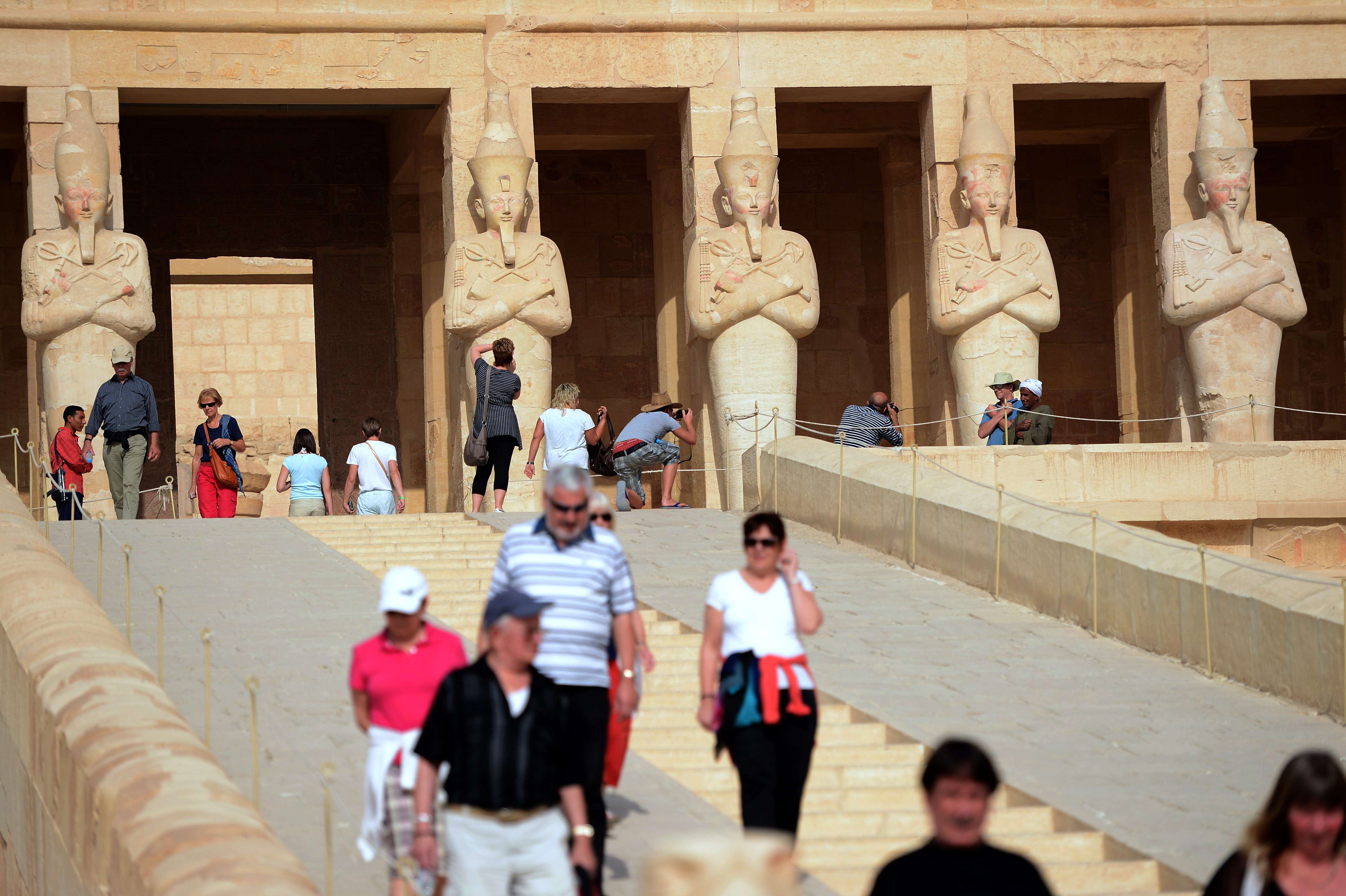Russia is again seeking a role as a global power and is therefore flexing its muscles. Signs of change in Russian foreign policy have been mounting ever since President Vladimir Putin delivered a confrontational speech in Munich last February.
Since then Russia planted its flag on the seabed below the North Pole to demonstrate its claims to the Arctic and its natural resources; announced its intention to build its own missile defense system and issued repeated threats against Europe because of the planned deployment of a small American defense system; exploded a “stray missile or bomb in Georgia as a warning signal to the government in Tbilisi and its Western friends; buzzed America’s military base on the Pacific island of Guam with surveillance aircraft; blocked a decision on the final status of Kosovo in the UN Security Council; and launched a hacker attack against computer systems in Estonia. In addition, each winter there is a repeated threat of “problems with oil and gas deliveries to Europe.
High oil and gas prices, America’s self-inflicted global weakening due to its misadventure in Iraq, and the rise of China and India obviously have prompted Moscow to change its foreign policy. Yet none of this amounts to a fundamental change in Russia’s strategy, because Russia continues to adhere to its fundamental decision, made in the early 1990’s, to open itself to the West. Still, the style of Russian politics has changed from cooperation to confrontation. And, as history has shown, a change of style in foreign policy may quickly lead to a change in strategy.
Currently, Russia is undergoing a restoration. Such periods always follow revolutions and times of far-reaching change. The power of the center is being restored, following its partial disintegration after the end of the Soviet Union. But, ever since the sixteenth century, the center has played the main role in shaping Russian history, and now looks to be no different.
The restoration of central authority has been going on for some time. Indeed, today the center almost completely dictates Russian internal politics and economics, though not within a totalitarian or autocratic framework, but in a democratic and market-based fashion.
Democracy has, of course, degenerated into what is sometimes called “managed democracy. Theoretically, there remain different parties, elections, a pluralistic society, an independent judiciary, and a market economy. But in practice, the entire system is subject to control by the president. The people will still be allowed to vote for the president, but the real decision about who he will be will have been made beforehand.
Even if its annual GDP approximates that of Italy, Russia still is a global power and too important to isolate, or even forget about. It retains enormous strategic weight. Russia’s future will be determined by whether it is successful in comprehensively modernizing its economy, which today is largely based on exports of oil, gas, and other natural resources.
If Russia remains dependent on a natural-resource economy, it will again become a colossus with feet of clay. Indeed, it will not be nearly as powerful as the old Soviet Union. Only if Russia succeeds in productively reinvesting the gains from its petro-economy will it achieve sustainable modernization.
But this also will require successful political modernization, which means nothing less than constraining the power of the center. The most important aspect of this will be to secure real judicial independence. Moreover, Russia needs a system of checks and balances compatible with its own culture and tradition, because this, together with the rule of law, is an indispensable precondition of a functioning democracy. Finally, Russia will need to build a functioning party system, capable of sustaining Russian democracy. Considering the country’s vast size, a two-party system seems to be the most appropriate.
All these transformations will take time, and they will not come easily or be free of conflict. So, for the foreseeable future, the West will have to deal with a Russia that yearns for its lost imperial power and shapes its foreign policy to this end.
In international politics, one side’s strength often reflects the other side’s weakness. The weakness of the US and Europe today is an open invitation for Russia to return to its old imperial politics. This development is anything but safe, particularly for Europe.
Europe thus has a strategic interest in Russia’s successful modernization and in good bilateral relations. Above all, the European Union and its member states cannot allow Russia to recapture its imperial spheres of influence without severely damaging its own central interests. It is for this reason that securing the independence of Ukraine is so important, as is assuring Turkey’s European orientation.
So, while Russia’s modernization and democratization are in Europe’s interest, its return to an imperial foreign policy and barely veiled authoritarianism at home is not. Most Russians look westward. In the next few years, Russia will offer Europe a great opportunity for closer cooperation, but it will also pose a risk of increased intrusion in European affairs.
The right responses to these opportunities and risks require a united, strong Europe. Indeed, a strong and united Europe will also make an important contribution to Russia’s sustainable modernization. A weak and divided Europe will tempt Russia to pursue dangerous paths into the future.
Joschka Fischer, a leader in the Green Party for nearly 20 years, was Germany s Foreign Minister and Vice Chancellor from 1998 to 2005. This commentary is published by DAILY NEWS EGYPT in collaboration with Project Syndicate/Institute for Human Sciences. (www.project-syndicate.org)
